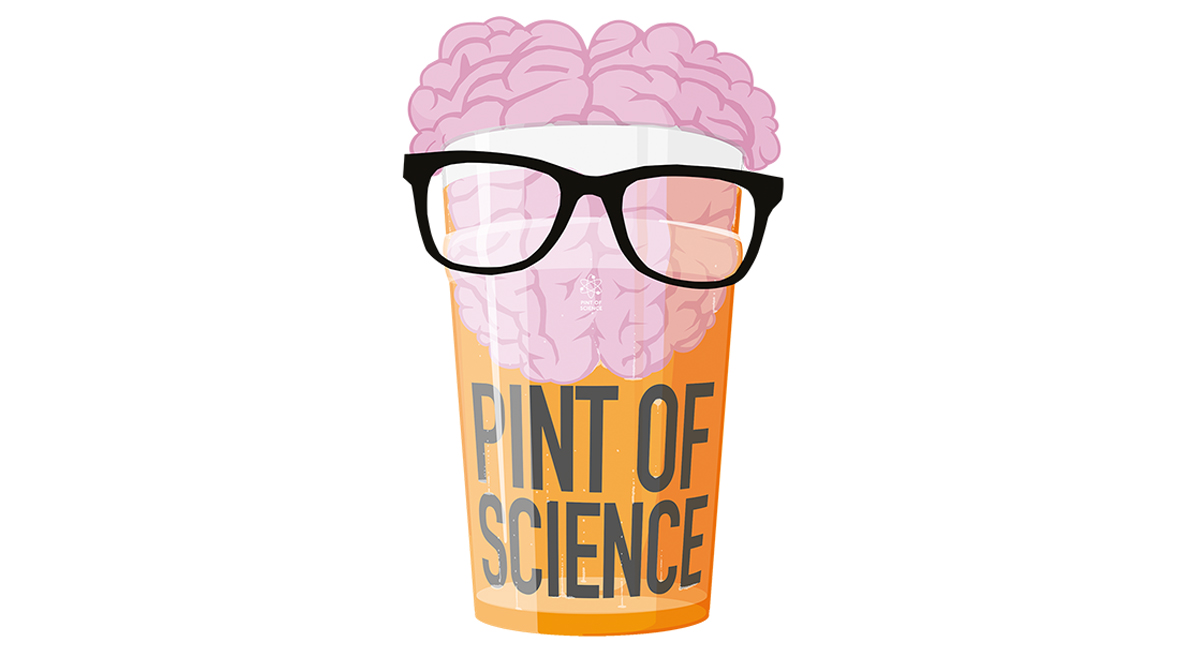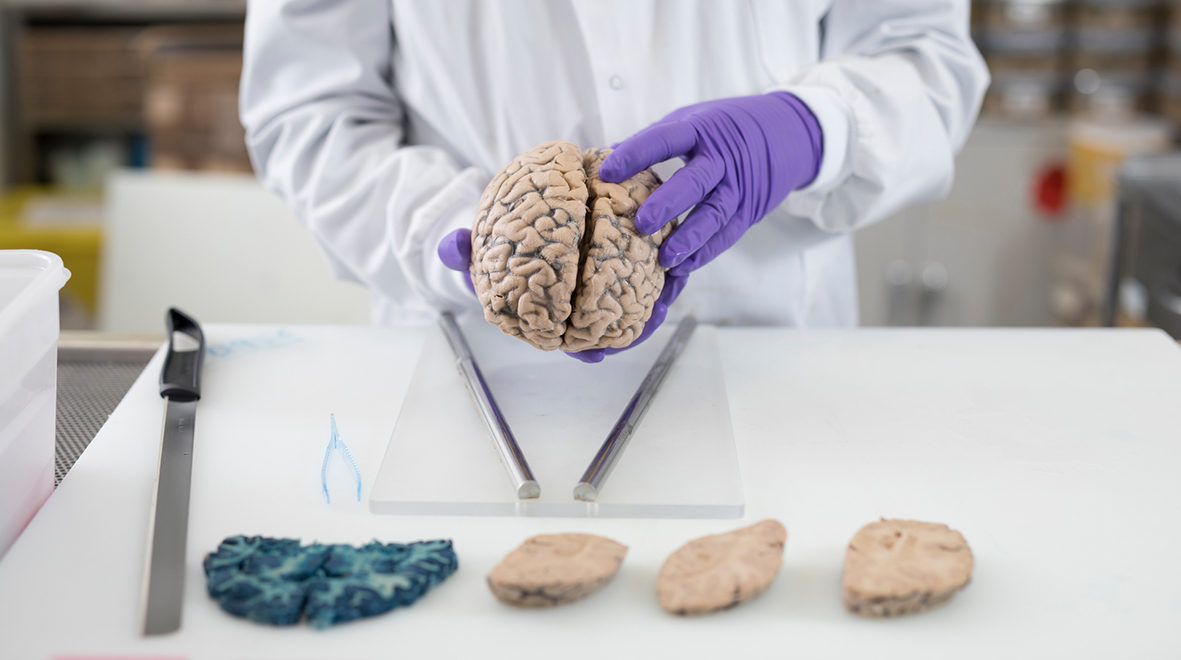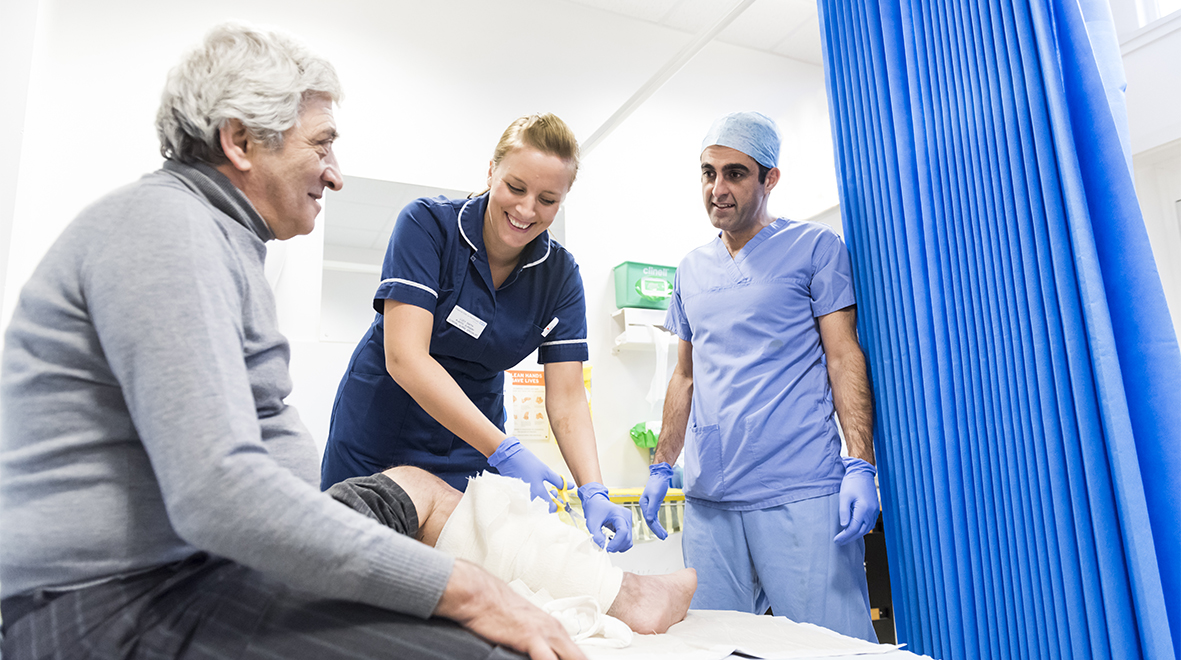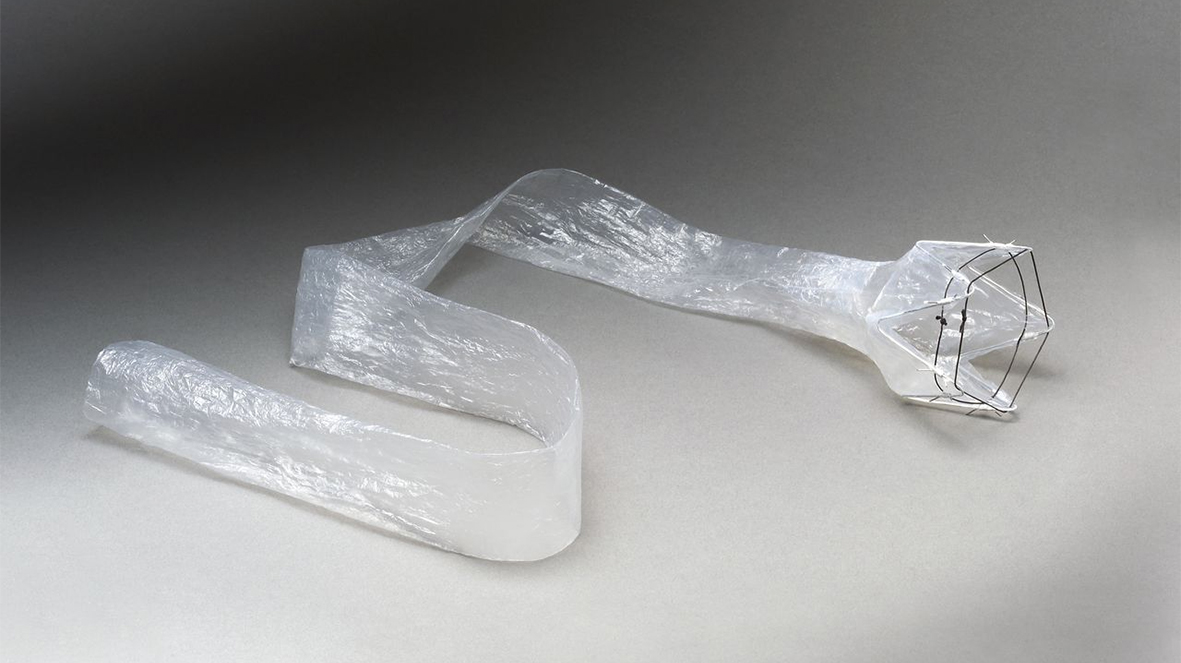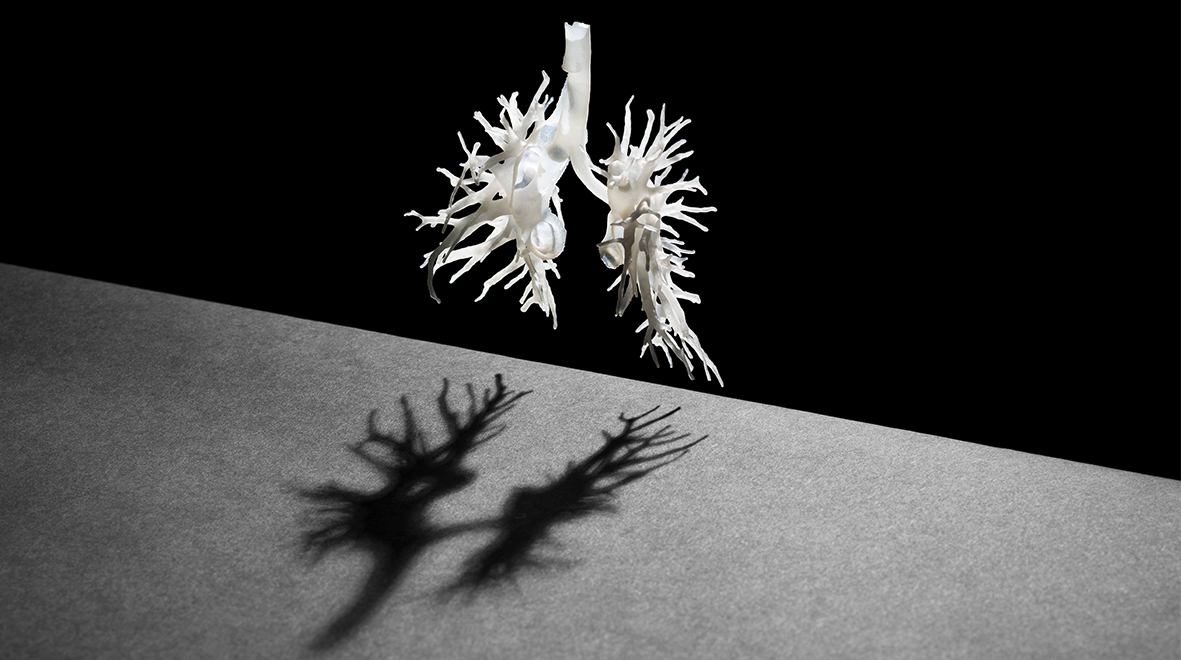From friend to foe: what drives MS to turn our immune systems against us?

For MS Awareness Week, Dr Rachel James and Dr Carmen Picon Muno from our Department of Brain Sciences explain how their efforts in understanding the mechanism behind MS is driving the search for new drug targets.
I have always been fascinated by how the immune system protects our body by identifying attackers and fighting them off. It’s a remarkable undertaking: it must recognise and protect us from any number of harmful molecules produced by a huge array of invading organisms. Sometimes, however, this system can go wrong. For instance, in the case of multiple sclerosis (MS), the immune system erroneously attacks the myelin – a fatty covering that protects our nerves – in our own central nervous system. This produces the chronic accumulation of demyelinated MS lesions that lead to the clinical symptoms of the disease. (more…)
 As the Imperial Network for Vaccine Research launches, Dr Chris Chiu tells us why he’s in pursuit of a collaborative approach for developing new vaccines.
As the Imperial Network for Vaccine Research launches, Dr Chris Chiu tells us why he’s in pursuit of a collaborative approach for developing new vaccines. 
